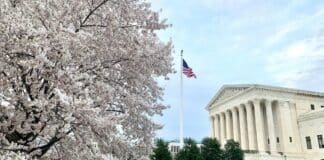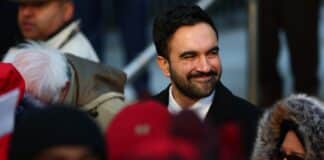A federal trial in Miami is underway to determine Tesla’s liability in a 2019 crash that killed a 22-year-old woman and seriously injured her companion. The driver of the Tesla Model S involved in the incident testified that the car’s Autopilot system failed to provide any warning or engage the brakes prior to the collision.
The crash occurred on a dark, two-lane road in South Florida. George Brian McGee, the driver, said he reached down to retrieve his phone, which had fallen to the floor. During that brief distraction, he failed to notice the end of the road approaching. The Tesla, traveling at 62 miles per hour, ran through a T-intersection and struck a parked SUV where two people were standing nearby. One was killed on impact; the other suffered serious injuries.
The lawsuit, filed by the family of the deceased woman and her injured companion, accuses Tesla of negligence. It alleges the Autopilot system failed to detect the parked vehicle or the pedestrians and did not initiate braking. It also claims that Autopilot’s design encourages driver distraction by allowing the vehicle to operate in areas where the system is not reliable.
Tesla’s defense argues the responsibility lies entirely with McGee, who they say was distracted and failed to control the vehicle. They note that the car’s speed exceeded the limit Autopilot typically enforces for that type of road, and that McGee had his foot on the accelerator just before the crash.
Videos from the vehicle were introduced showing that the system did, in fact, recognize the SUV and a person standing nearby but took no action. Experts also testified that two separate safety features—automatic emergency braking and a lane departure prevention system—should have activated.
An engineering professor with expertise in autonomous systems called Autopilot “defective,” criticizing Tesla for deploying the system in conditions it was not designed to handle and for its weak driver monitoring capabilities.
The trial is significant for Tesla, with potential impacts on the company’s reputation and financial standing. It is also the first federal trial involving a death of a third party, rather than the vehicle’s driver or occupants.
The jury is expected to decide whether Tesla’s Autopilot system played a direct role in the fatal crash and whether the company can be held accountable for allowing the technology to operate without sufficient safeguards.





